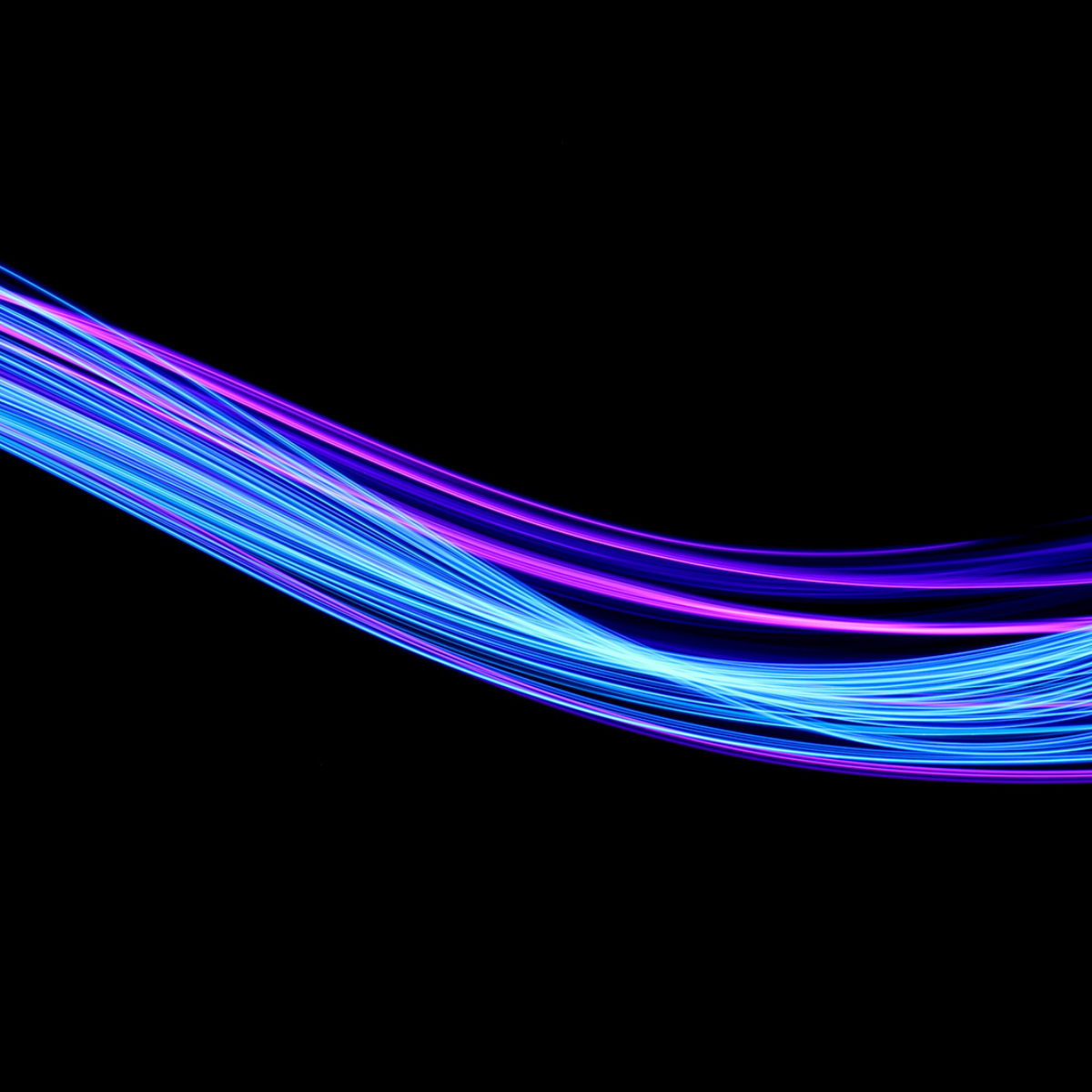
Large Providers Must File TRACED Act Exemptions by Dec. 1

The FCC has provided instructions for large voice providers who plan to file for an exemption from the STIR/SHAKEN caller ID authentication rules by the December 1 deadline. As explained in our e-Lert earlier this year, large providers have until June 30, 2021, to implement STIR/SHAKEN in their networks. Small providers have until June 30, 2023, to implement caller ID authentication, and are not subject to the December 1 deadline to file for an exemption (see our October 2nd e-Lert). Small providers are those with 100,000 or fewer voice service subscriber lines (counting the total of all business and residential fixed subscriber lines and mobile phones and aggregated over all of the provider’s affiliates).
For IP networks to receive an exemption, a voice service provider must:
- Have completed the network preparations necessary to deploy the STIR/SHAKEN protocols on its network including, but not limited to, by participating in test beds and lab testing, or completing commensurate network adjustments to enable the authentication and validation of calls on its network consistent with the STIR/SHAKEN framework;
- Have demonstrated its voluntary agreement to participate with other voice service providers in the STIR/SHAKEN framework by completing formal registration (including payment) and testing with the Policy Administrator;
- Have completed the necessary network upgrades to at least one network element (e.g., a single switch or session border controller) to enable the authentication and verification of caller ID information consistent with the STIR/SHAKEN standards; and
- Reasonably foresee that it will have completed all necessary network upgrades to its network infrastructure to be able to authenticate and verify caller ID information for all SIP calls exchanged with STIR/SHAKEN-enabled partners by June 30, 2021.
For Non-IP networks to receive an exemption, a voice service provider must:
- Be working to develop a non-IP authentication solution; and
- Reasonably foresee that it will have completed all necessary network upgrades to its infrastructure to be able to authenticate and verify caller ID information for all non-IP calls originating or terminating on its network as provided by a standardized caller ID authentication framework for non-IP networks.
Exemptions must include an officer-signed certification that the company meets the criteria for IP, Non-IP or both, accompanied by a detailed explanation of how the company meets each of the relevant criteria. Certifications and the supporting statements must be filed on ECFS in WC Docket No. 20-68 no later than December 1, 2020.
For more information about these exemptions or about the STIR/SHAKEN requirements, please contact one of our experts by clicking the button below.




